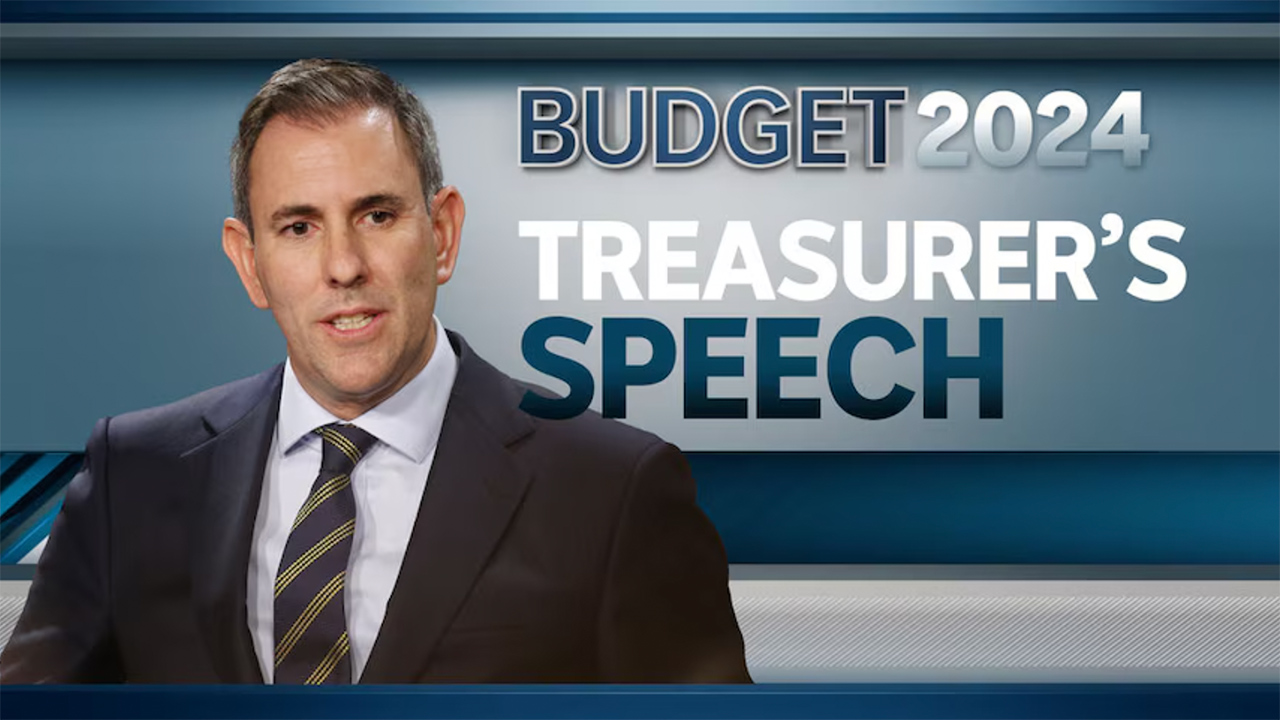Biggest winners and losers of the 2024-25 Federal Budget

The unveiling of the federal budget by Treasurer Jim Chalmers was marked by a dual focus on addressing cost-of-living pressures and strategically investing in Australia's future – and was predictably met with both praise and criticism.
Reflecting a delicate balancing act between providing immediate relief to vulnerable segments of society and ensuring long-term fiscal sustainability, the measures to alleviate cost-of-living pressures and support key sectors appear commendable, yet concerns persist regarding the adequacy of support for welfare recipients and the potential implications of immigration policies on international education.
Read on for the high points, the low points, and all the biggest winners and losers of the federal budget for 2024-25.
BIGGEST WINNERS:
Low and Middle-Income Earners:
At the core of the budget lies a commitment to alleviate the financial strain on low and middle-income earners. With the implementation of stage three tax cuts, Australians can anticipate a welcome increase in their take-home pay. These cuts, announced earlier in the year, are projected to inject an average of $36 per week into taxpayers' pockets by 2024-25. Notably, this initiative is expected to benefit 84% of taxpayers and 90% of women, signalling a targeted effort to support those most in need.
Parents:
In a move towards greater gender equality and financial security, the government has extended superannuation payments to parents on paid leave. This initiative aims to bridge the superannuation gap and provide approximately 180,000 families annually with additional financial support during crucial early parenting stages.
Households and Small Businesses:
Acknowledging the escalating energy costs, a $300 rebate on energy bills was announced for more than 10 million households. It was this facet of the budget that drew ire from Jacqui Lambie, Federal Senator for Tasmania, who was furious over the "bizarre" decision, which sees funds being spent on high-income earners such as herself at a time of rising inflation. 'We don't need $300, I can assure you,' she said to a post-budget panel on ABC's Insiders on Tuesday night. "That [funding] should have been passed forward. I find it bizarre."
Additionally, small businesses stand to benefit from a $325 boost to alleviate power bill pressures. The extension of the instant asset write-off and the abolishment of 457 nuisance tariffs signal the government's commitment to supporting small businesses and fostering economic growth.
Aged Care Workers, Renters, Women, Last-Minute Travellers, Music Festivals, and PBS Patients:
The budget also addresses various sectors of society, including aged care workers, renters, women, last-minute travellers, music festivals and Pharmaceutical Benefits Scheme patients. Measures such as wage increases, rent assistance, healthcare subsidies and support for cultural events underscore the government's multifaceted approach to addressing societal needs.
Students:
Recognising the financial challenges faced by students, the government has taken steps to ease the burden of student debt. By wiping out $3 billion in student debt and overhauling the indexation of HECS debt, thousands of Australian students stand to benefit. Moreover, the introduction of payments for compulsory work placements acknowledges the financial strain faced by students pursuing vocational and tertiary education.
BIGGEST LOSERS:
International Students:
In response to concerns about housing shortages and migration pressures, the government has signaled a crackdown on the influx of international students. Universities will be required to match enrolment growth with adequate housing infrastructure, potentially limiting opportunities for international students seeking education in Australia.
Welfare Recipients:
Despite calls for a significant increase in JobSeeker and Youth Allowance payments, the budget falls short of implementing substantial changes in welfare support. While some targeted assistance is provided to individuals facing barriers to employment, broader calls for income support reform remain unaddressed.
High-Income Earners:
While the budget aims to provide relief to low and middle-income earners, high-income earners may experience a less substantial boost to their incomes compared to previous projections. This recalibration reflects the government's commitment to a fair and equitable distribution of resources.
Image: ABC
